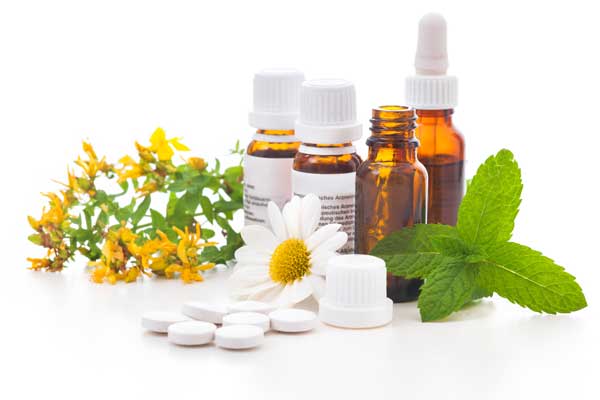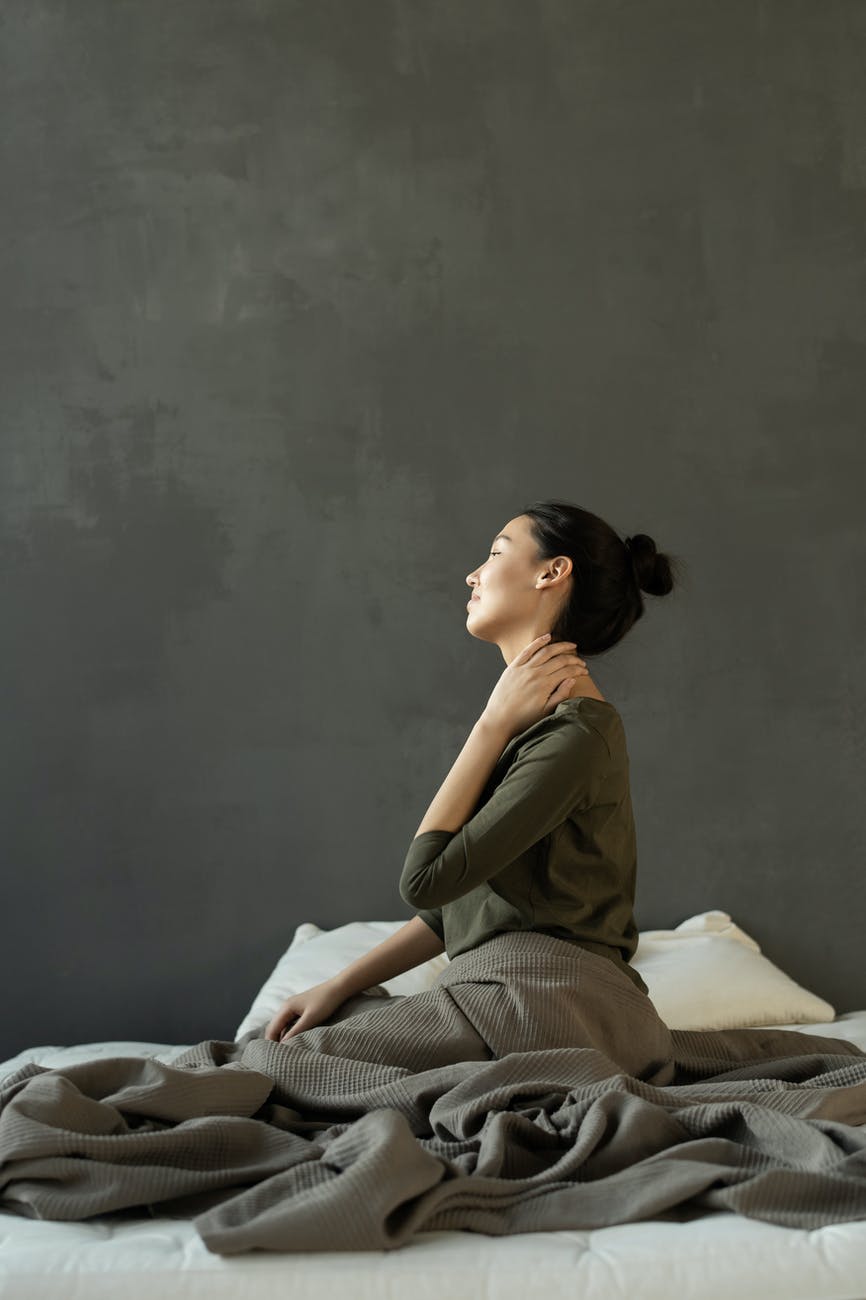Article reviewed and approved by Dr. Ibtissama Boukas, physician specializing in family medicine
To relieve muscle contractures, it is common to use muscle relaxants. However, even if they are effective, they often expose to many undesirable effects. To avoid this situation, know that it is also possible to use natural relaxants. There are several such as plants, essential oils, massages and an appropriate diet. Discover in this article ways to cure muscle tension naturally.
What is a muscle relaxant?
A few words about muscle contracture
To begin, let's first see what a muscle contraction. It's about a abnormal and involuntary contraction of a muscle. It usually lasts a long time (up to days) and causes intense and painful tension.
Often, this contraction appears as a result of excessive physical exertion or sports training. It can also be the consequence of various situations:
- adverse effects of certain medications;
- infections such as seasonal flu;
- magnesium deficiency;
- prolonged immobilization of a limb or body part.
A muscle contraction is very different from curvature, so it is important to know how to distinguish them. The stiffness can be reduced by light stretching, which is not the case with the contracture.
A muscle relaxant: what is it?
The muscle relaxants, on the other hand, are drugs or substances that have the function of relieving muscle contracture and calming the pain caused by it.
These assets can be of chemical origin called muscle relaxants, of natural origin.
Medication options for muscle spasm
The muscle relaxants ou muscle relaxants are available in several pharmaceutical forms. Some are administered orally (tablet, capsule, oral solution) and others by injection.
The choice of molecule is made according to the intensity and severity of the contracture. And sometimes the treatment lasts only a short time.
Buying a muscle relaxant from a pharmacy normally requires a doctor's prescription.
To give you some examples, here is a list of most common muscle relaxants for severe, intense and painful contractures. They should only be used for a short time.
- La quinines (hexaquine and okimus): very powerful, it must be used in low doses during the treatment of muscle cramps. Quinine can cause an adverse effect, so it is best to use it with a doctor's prescription. Also, the treatment should not exceed 4 weeks.
- Le thiocolchicoside: it is also a muscle relaxant available under prescription. Its action is to relax the muscles by reducing or inhibiting nerve stimulation from the brain. It is generally prescribed for a contracture related to a back pain. This medicine is not suitable for pregnant women at the risk of endangering the life of the fetus. It is also prohibited for breastfeeding women.
- The benzodiazepines: frequently prescribed by sports doctors.
- Le diazepam: it is one of the most widely used drugs in the benzodiazepine family. Known as valium, it is a generic drug that has anxiolytic properties. It is often prescribed in case of low back pain.
- Le Bromazepam: it is another benzodiazepine which can be prescribed instead of valium.
- Le methocarbamol or LUMIRELAX: it is a muscle relaxant that can be proposed for the treatment of muscle contractures. Its intake requires medical advice. It causes side effects such as itching, headaches, drowsiness (when taken in high doses).
Natural alternatives to treat muscle tension
There are many natural muscle relaxant alternatives. These are effective and have little or no adverse effects on the body. Thus, their use is more reliable and does not expose you to any risk.
Plants with a relaxing effect on the muscles
Here are some plants with the particularity of containing substances with a pain-relieving and anti-inflammatory effect on the muscles. They are rich in antioxidants such as flavonoids, alkaloids or monoterpenoids.
Turmeric
Turmeric is both an anti-inflammatory and a natural pain reliever. It is a very effective muscle relaxant for treat muscle spasms naturally.
Cinnamon
Cinnamon contains powerful anti-inflammatories that help relieve muscle and joint stiffness.
pomegranate juice
Pomegranate is a fruit rich in antioxidants. Its juice is a real concentrate of formidable anti-inflammatory for the treatment of muscular affections.
Chamomile
Chamomile is a powerful neuromuscular relaxant. It has strong anti-inflammatory and antioxidant properties.
Ginger
The anti-inflammatory property of ginger helps reduce muscle pain caused by physical fatigue.
The practice of gentle physical exercises
Even though it is about muscle contraction, practicing light physical exercise can help you feel better.
Light exercise relieves pain, as well as relaxes the muscles. So to get a muscle relaxant effect, practicing light physical activity is very effective and useful. To do this, you can choose between:
- a sustained walk of 20 to 30 minutes, once or twice a day;
- biking ;
- indoor cardio;
- swimming ;
- jogging.
Eat well with anti-inflammatory foods
Eating a balanced diet is also important for fight against muscle pain with natural means.
An unbalanced diet leads us to nutritional deficiencies that can lead to muscle contractures. Moreover, the consumption of processed or high-sugar foods is known to be a real precursor to chronic inflammation, which is often linked to muscle pain.
To eat well and prevent possible contractures and muscle stiffnesss, think about favoring certain foods, namely:
- the calcium-rich foods: green vegetables, unpasteurized dairy products, cheeses, etc.;
- the foods rich in magnesium: whole grains, legumes, snails, etc.;
- the potassium rich foods: dried fruits, legumes, meats (especially dried meats), lean fish, sardines, oranges, bananas, etc.
To learn more about the anti-inflammatory diet, see the following article.
Stay hydrated with mineral water
It is important to drink water throughout the day to avoid dehydration. This can easily lead to contracture and muscle pain. Mineral deficiency promotes the appearance of tension and cramps in the muscles.
According to health recommendations, a person should drink 1,5 liters up to 2 liters of water per day to hydrate properly.
For athletes, this quantity increases depending on the activities performed, the temperature and the duration of training.
A massage with essential oils
A massage with essential oil is very effective for relieve muscle spasms. There are several essential oils that come in handy for a tight and spasming muscle.
- THEarnica essential oil : it is famous for reducing pain and muscle damage. It contains a thymol that aids blood circulation, allowing it to aid in the healing process.
- THElemon eucalyptus essential oil : it is regularly used for treat muscle and joint pain.
- THEwintergreen essential oil : more effective than other essential oils, it is the first line in the treatment of all types of pain of muscular origin.
Just as a quick reminder, essential oils are very strong oils that can create serious burns and skin irritation. Before applying them to the skin, remember to dilute them with vegetable oils.
Videos
References
https://www.reflexosteo.com/blog-sante-bien-etre/5-traitements-naturels-contractures-musculaires-447










